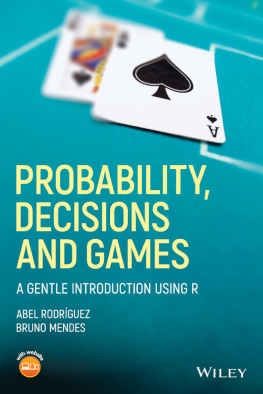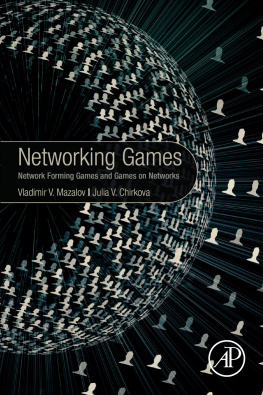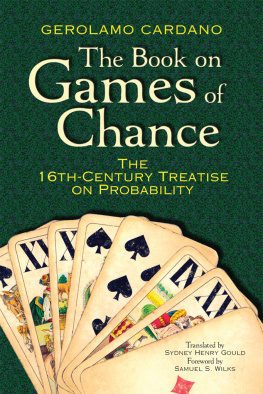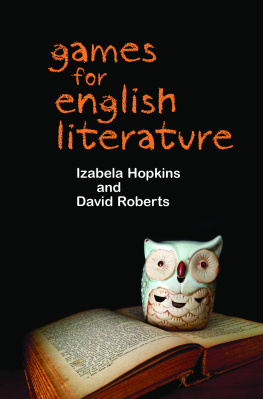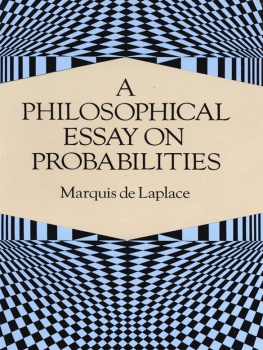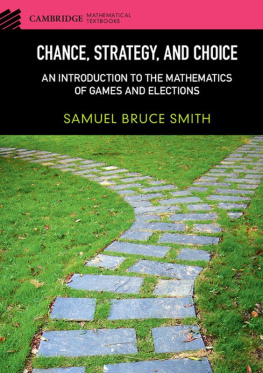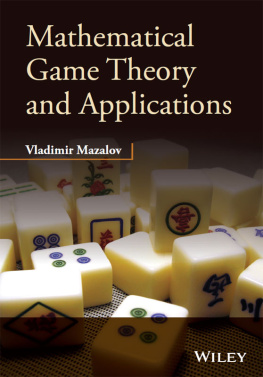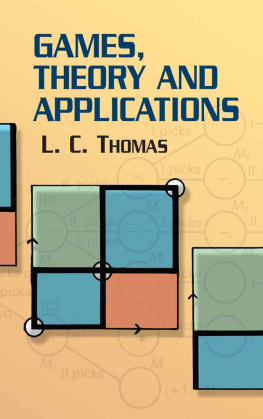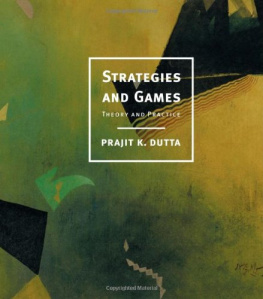
This edition first published 2018
2018 John Wiley & Sons, Inc.
All rights reserved. No part of this publication may be reproduced, stored in a retrieval system, or transmitted, in any form or by any means, electronic, mechanical, photocopying, recording or otherwise, except as permitted by law. Advice on how to obtain permission to reuse material from this title is available at http://www.wiley.com/go/permissions.
The right of Abel Rodrguez and Bruno Mendes to be identified as the authors of this work has been asserted in accordance with law.
Registered Offices
John Wiley & Sons, Inc., 111 River Street, Hoboken, NJ 07030, USA
Editorial Office
111 River Street, Hoboken, NJ 07030, USA
For details of our global editorial offices, customer services, and more information about Wiley products visit us at www.wiley.com.
Wiley also publishes its books in a variety of electronic formats and by print-on-demand. Some content that appears in standard print versions of this book may not be available in other formats.
Limit of Liability/Disclaimer of Warranty
The publisher and the authors make no representations or warranties with respect to the accuracy or completeness of the contents of this work and specifically disclaim all warranties; including without limitation any implied warranties of fitness for a particular purpose. This work is sold with the understanding that the publisher is not engaged in rendering professional services. The advice and strategies contained herein may not be suitable for every situation. In view of on-going research, equipment modifications, changes in governmental regulations, and the constant flow of information relating to the use of experimental reagents, equipment, and devices, the reader is urged to review and evaluate the information provided in the package insert or instructions for each chemical, piece of equipment, reagent, or device for, among other things, any changes in the instructions or indication of usage and for added warnings and precautions. The fact that an organization or website is referred to in this work as a citation and/or potential source of further information does not mean that the author or the publisher endorses the information the organization or website may provide or recommendations it may make. Further, readers should be aware that websites listed in this work may have changed or disappeared between when this works was written and when it is read. No warranty may be created or extended by any promotional statements for this work. Neither the publisher nor the author shall be liable for any damages arising here from.
Library of Congress Cataloging-in-Publication Data:
Names: Rodrguez, Abel, 1975- author. | Mendes, Bruno, 1970- author.
Title: Probability, decisions, and games : a gentle introduction using R / by Abel Rodrguez, Bruno Mendes.
Description: Hoboken, NJ : Wiley, 2018. | Includes index. |
Identifiers: LCCN 2017047636 (print) | LCCN 2017059013 (ebook) | ISBN 9781119302612 (pdf) | ISBN 9781119302629 (epub) | ISBN 9781119302605 (pbk.)
Subjects: LCSH: Game theory-Textbooks. | Game theory-Data processing. | Statistical decision-Textbooks. | Statistical decision-Data processing. | Probabilities--Textbooks. | Probabilities-Data processing. | R (Computer program language)
Classification: LCC QA269 (ebook) | LCC QA269 .R63 2018 (print) | DDC 519.30285/5133-dc23
LC record available at https://lccn.loc.gov/2017047636
Cover design: Wiley
Cover image: Jupiterimages/Getty Images
To Sabrina
Abel
To my family
Bruno
Preface
Why Gambling and Gaming?
Games are a universal part of human experience and are present in almost every culture; the earliest games known (such as senet in Egypt or the Royal Game of Ur in Iraq) date back to at least 2600 B.C. Games are characterized by a set of rules regulating the behavior of players and by a set of challenges faced by those players, which might involve a monetary or nonmonetary wager. Indeed, the history of gaming is inextricably linked to the history of gambling, and both have played an important role in the development of modern society.
Games have also played a very important role in the development of modern mathematical methods, and they provide a natural framework to introduce simple concepts that have wide applicability in real-life problems. From the point of view of the mathematical tools used for their analysis, games can be broadly divided between random games and strategic games. Random games pit one or more players against nature that is, an unintelligent opponent whose acts cannot be predicted with certainty. Roulette is the quintessential example of a random game. On the other hand, strategic games pit two or more intelligent players against each other; the challenge is for one player to outwit their opponents. Strategic games are often subdivided into simultaneous (e.g., rockpaperscissors) and sequential (e.g., chess, tic-tac-toe) games, depending on the order in which the players take their actions. However, these categories are not mutually exclusive; most modern games involve aspects of both strategic and random games. For example, poker incorporates elements of random games (cards are dealt at random) with those of a sequential strategic game (betting is made in rounds and bluffing can win you a game even if your cards are worse than those of your opponent).
One of the key ideas behind the mathematical analysis of games is the rationality assumption, that is, that players are indeed interested in winning the game and that they will take optimal (i.e., rational) steps to achieve this. Under these assumptions, we can postulate a theory of how decisions are made, which relies on the maximization of a utility function (often, but certainly not always, related to the amount of money that is made by playing the game). Players attempt to maximize their own utility given the information available to them at any given moment. In the case of random games, this involves making decisions under uncertainty, which naturally leads to the study of probability. In fact, the formal study of probability was born in the seventeenth century from a series of questions posed by an inveterate gambler (Antoine Gambaud, known as the Chevalier de Mr). De Mr, suffered severe financial losses for assessing incorrectly his chances of winning in certain games of dice. Contrary to the ordinary gambler of the time, he pursued the cause of his error with the help of Blaise Pascal, which in turn led to an exchange of letters with Pierre de Fermat and the development of probability theory.
Decision theory also plays an important role in strategic games. In this case, optimality often means evaluating the alternatives available to other players and finding a best response to them. This is often taken to mean minimizing losses, but the two concepts are not necessarily identical. Indeed, one important insight gleaned from game theory (the area of mathematics that studies strategic games) is that optimal strategies for zero-sum games (i.e., those games where a player can win only if another loses the same amount) and non zero-sum games can be very different. Also, it is important to highlight that randomness plays a role even in purely strategic games. An excellent example is the game of rockpaperscissors. In principle, there is nothing inherently random in the rules of this game. However, the optimal strategy for any given player is to select his or her move uniformly at random among the three possible options that give the game its name.

